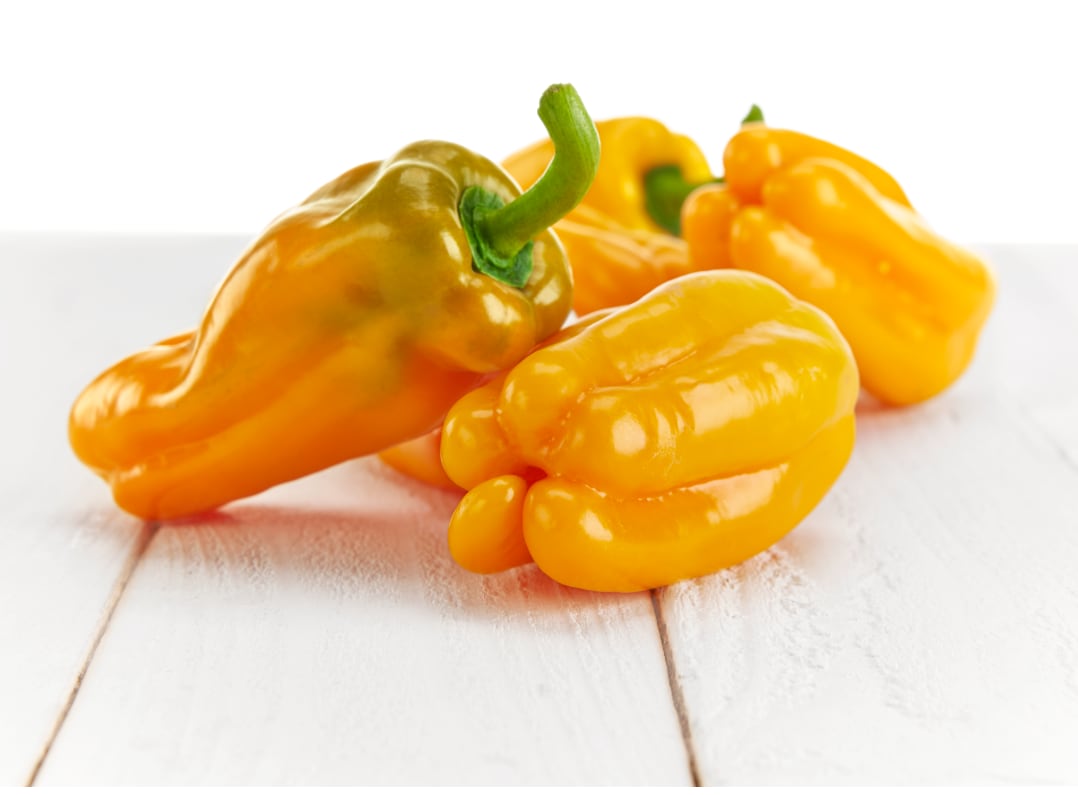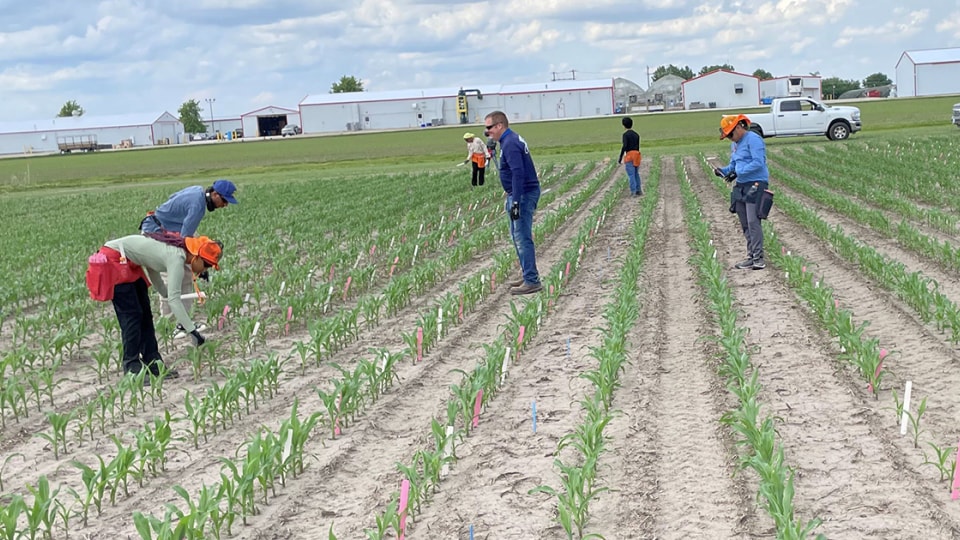Meeting the Nutritional Needs of Women

- This Is Bayer
- Agriculture
- Consumer Health
- Pharmaceuticals
- Products
- Community
- News & Stories
- Careers
- This Is Bayer
- Agriculture
- Consumer Health
- Pharmaceuticals
- Products
- Community
- News & Stories
- Careers
In the stress between taking care of our family’s health and improving our own self-care routines, modeling healthy eating can be a way to do both. At Bayer, we are working to ensure that nutritious fruits and vegetables deliver on taste, appeal, and freshness, and are readily available to more Americans.
Women’s increasingly busy lives are having an impact on their health: 37% of women are nutritionally deficient, with the risk even higher for women 19-50 years (41 %), and pregnant or breastfeeding women (47%).*
Increasing nutrient-rich fruits and vegetables in your diet doesn’t have to be complicated. “Adding just 8 medium-sized strawberries (one cup) – fresh or frozen – at breakfast is a great start to increasing fiber and key nutrients in your diet,” says Kelly Bristow, Registered Dietitian Nutritionist, who works for Bayer. “And it can generate interest for family members who see you enjoying them.”
Fruits and vegetables have essential nutrients that many people do not get enough of, such as potassium, fiber, and folate. People who eat more vegetables and fruits as part of an overall healthy diet are likely to have a reduced risk of heart disease, stroke and certain types of cancers.
To inspire healthy eating, Bayer is committed to making fruits and vegetables as appealing as they are nutritious. “At Bayer, we are working to address the reasons people don’t include fruits and veggies in their diets, such as taste, shelf-life, and availability,” says Inci Dannenberg, Head of Bayer Vegetable Seeds.

It can be fun for families to discover new foods together, like picking fresh fruit or trying a new vegetable while dining out, Kelly explains. Unexpected attributes, like a different flavor and size, can make fruits and veggies more fun to eat, such as Bayer’s mini, sweet-tasting pepper that’s small and easy to snack on.
Longevity and flavor are essential attributes for Bayer Vegetable Seeds. “That means working with growers to improve the shelf-life and flavor of fruits and vegetables, resulting in a great consumer experience,” Inci says.
Bayer’s watermelon varieties are sweet-tasting, crunchy, and firm, with a rich red flesh and vibrant colored rind, and have shown to have excellent shelf-life.

Bayer Vegetable Seeds strives to ensure availability of fresh fruits and vegetables in more communities across the country. To that end, Bayer’s Take Care, Now initiative is raising awareness and taking action to alleviate “care deserts” in farm and rural communities across America, where access to both healthcare and nutritious, affordable food is limited. It is Bayer’s goal to invest more than $400 million to support access to healthy, nutritious fruits and vegetables.
“Fruits and Vegetables play an important role in living a healthier life,” Kelly says. “As the first step in a self-care regimen, adding more fruits and vegetables can have a significant impact on a woman’s overall health – and even the health of the people around her.”
* Bird, Julia K, et al. “Risk of Deficiency in Multiple Concurrent Micronutrients in Children and Adults in the United States.” Nutrients, U.S. National Library of Medicine, 24 June 2017, www.ncbi.nlm.nih.gov/pmc/articles/PMC5537775/.
Bayer, Bayer Cross, De Ruiter & Greenhouse Leaf Design®, De Ruiter®, Seminis & Leaf Design® and Seminis® are registered trademarks of Bayer Group. ©2024 Bayer Group. All rights reserved. Watermelon photo credit: Mauritius images/Westend61











